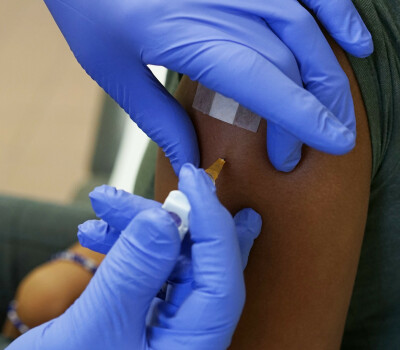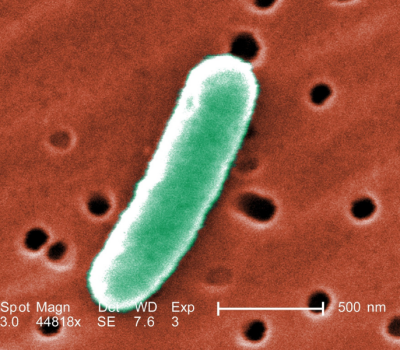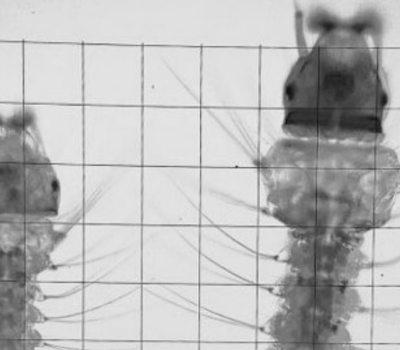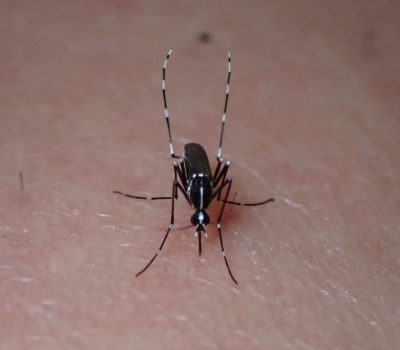Unexpected finding of tiger mosquitoes by citizens in Belgium
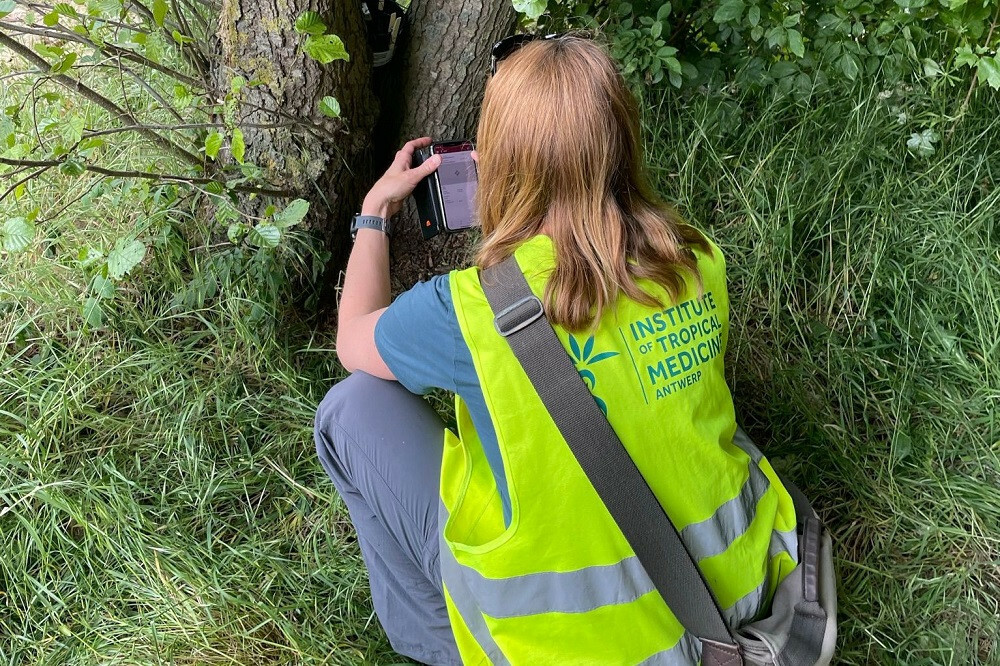
Between May and the end of October 2022, the Institute of Tropical Medicine Antwerp (ITM) and Sciensano found the Asian tiger mosquito in 12 locations in Belgium. As many as 9 of those 12 locations, mainly gardens, were reported by citizens through the website Mosquito Surveillance. These unexpectedly numerous finds underline the importance of exotic mosquito monitoring in Belgium and the key role of citizen participation.
Sciensano and ITM are closely monitoring the presence of exotic mosquitoes in Belgium through the MEMO+ project. The project actively monitors several highway car parks, so-called 'points of entry', where tiger mosquitoes might enter our country via traffic. Additionally, in May 2022, Sciensano and ITM launched the participation platform Mosquito Surveillance where citizens can upload photos of a tiger mosquito. These actions led to the detection of the tiger mosquito in 12 different locations in Belgium; 9 through citizen participation and 3 through active monitoring. This is much more than expected.
Javiera Rebolledo, epidemiologist and project manager at Sciensano: "Between May and October 2022, we received about 300 reports from citizens. In 9 cases, the photo we received was clearly of a tiger mosquito. These positive reports led to field inspections in 6 cases where we found tiger mosquitoes in 4 locations. It is quite unexpected and disturbing that we found the tiger mosquito in so many different locations. Clearly, the contribution of citizens in tiger mosquito monitoring is of great value and complements the active monitoring of 'points of entry'."
"We observed eggs and larvae at several locations, meaning the tiger mosquito was reproducing here. At two locations, the tiger mosquito also spread in the surrounding area and caused nuisance in citizens' gardens. This implies that the tiger mosquito was present in large numbers, which increases the likelihood of overwintering eggs and thus tiger mosquito establishment in Belgium," said Isra Deblauwe, entomologist at ITM.
The tiger mosquito causes a lot of nuisance during the day due to its aggressive biting behaviour. Moreover, after biting an infected person, the mosquito can transmit viruses of infections such as dengue, chikungunya and zika to other persons. It is therefore important to have a good overview of the introduction and presence of this mosquito species in our country. In recent years, the number of tiger mosquito findings increased and this trend is expected to continue in the coming years. It is therefore important to create more awareness around the tiger mosquito. Furthermore, the researchers hope that the high number of finds last summer will be a signal to scale up monitoring of the tiger mosquito and also further develop prevention and control. Now we are still in time to take all these measures to delay the establishment of the tiger mosquito in Belgium for as long as possible.
We already invite everyone to help us in our search for tiger mosquitoes next year too, at the start of the new mosquito season from mid-April 2023.
The project is a collaboration between Sciensano, the Institute of Tropical Medicine (ITM) and Barcoding Facility for Organisms and Tissues of Policy Concern (BopCo) for the molecular identification of the collected exotic mosquitoes. It was funded by the federal and regional governments through the National Environmental Health Action Plan (NEHAP).
Spread the word! Share this story on

